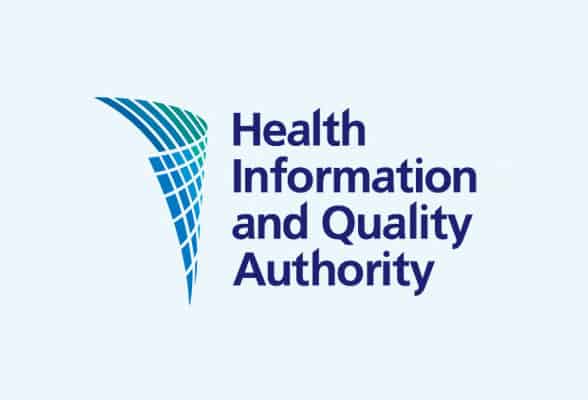HIQA has launched a report calling for reform of the health information system for health and social care in Ireland. The report makes six recommendations across strategy, leadership, legislation, workforce, standards and health information infrastructure needed to establish an effective and efficient national health information system.
Recent events, such as Covid-19 and the cyberattack on the Health Service Executive (HSE), have highlighted the key role that health information plays in the planning, management and delivery of health and social care services.
The report outlines how health information systems — such as electronic health records, electronic prescribing, eReferrals and national data collections — can be used across the health service, from service users to clinicians to public health officials and policy-makers to help to improve patient outcomes, inform research and influence policy-making decisions.
Launching the report, HIQA’s Director of Health Information and Standards, Ms Rachel Flynn, said: “Reforming how health information is managed and governed is central to the success of Sláintecare. The most significant gaps in our health and social care system are the major deficiencies that exist around the collection, use and sharing of information. Every time a patient visits their GP, attends a hospital, a specialist or even gets a blood test — health information is being created. This valuable data is usually managed on different electronic systems or is paper-based, which is inefficient and can impact on people’s safety. Our front-line staff require high-quality, timely and accurate patient information to ensure the best possible care is being provided. Urgent reform is needed, otherwise Irish health and social care services will remain inefficient and ineffective.
“Unlike some other jurisdictions, there is no single entity in Ireland with responsibility for health information across both public and private services, whose sole purpose is to ensure co-ordination of the health information system at a national level. We believe that an entity should be established to provide strategic leadership and governance for health information outside of the HSE. This needs to be adequately funded and resourced. Legislation is needed as, currently, no overarching legal framework exists for the collection, use and sharing of health information.
“While our Covid-19 vaccination programme has been exceptionally successful by international standards, its rollout also required deployment of a new system to support its implementation. The absence of a digital system to manage not just
Covid-19 vaccinations, but all vaccination programmes was notable. During the cyberattack on the HSE, our health service returned to paper records and suffered from increased waiting lists and rescheduled appointments, which had an impact on people’s safety. This clearly demonstrates that our health service cannot operate without health information and that IT security must be enhanced.”
HIQA has researched international best practice for national health information strategies for Ireland to emulate, with examples such as Canada, Denmark and New Zealand highlighted in today’s report. HIQA believes that a health information strategy must cover the entire system for people using all health and social care services. The strategy must be assigned appropriate funding to support its full implementation and progress should be reported on an annual basis. Setting standards, ensuring compliance and investing in infrastructure and security to ensure personal information is protected, are identified as specific recommendations.
Ms Flynn concluded: “The success of Sláintecare requires urgent reform of health information and this will require reform being made a political priority. Today’s report is calling for urgent reform and should serve as a wake-up call for all stakeholders in health and social care to make health information a high priority.”













Leave a Reply
You must be logged in to post a comment.